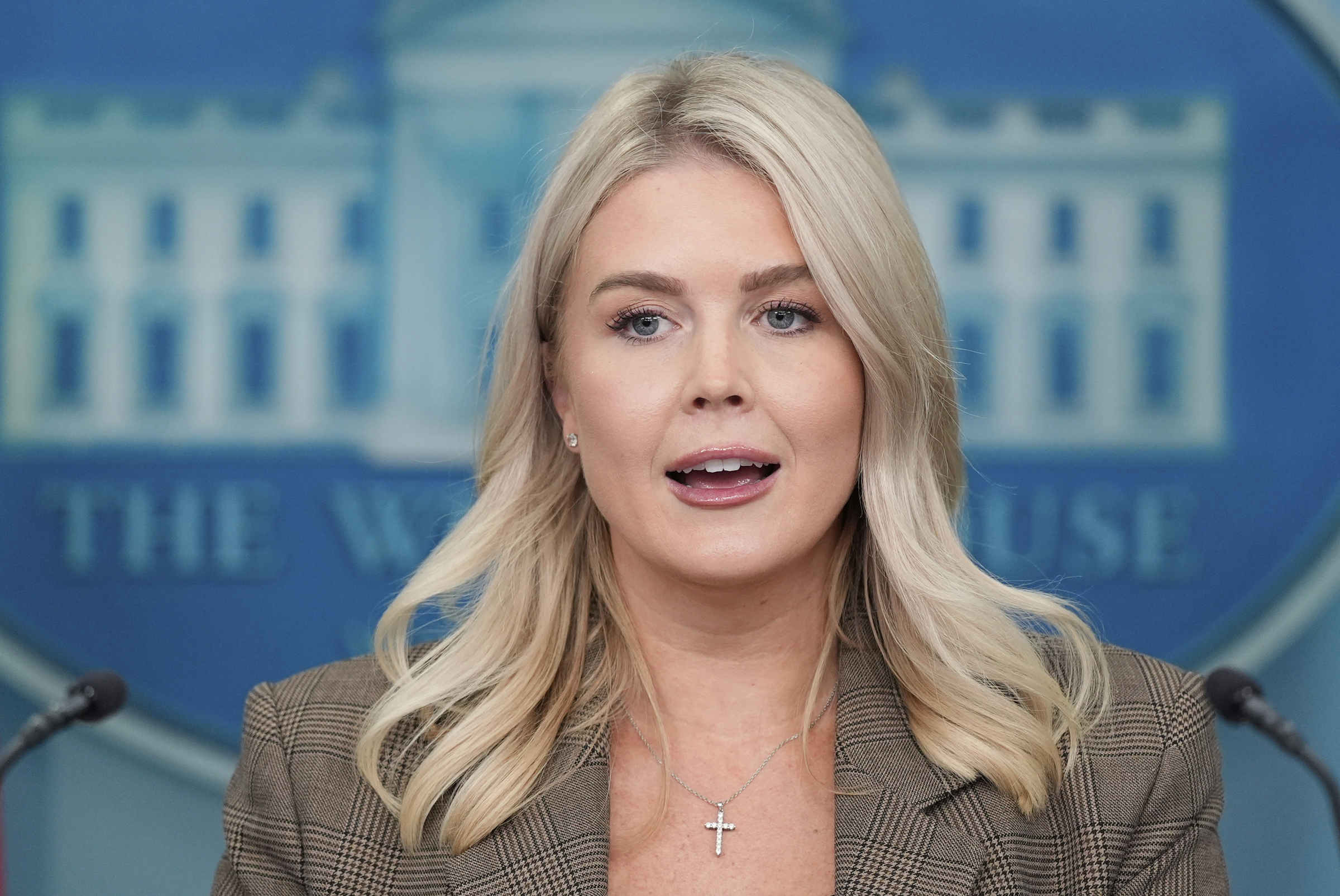White House Press Secretary Karoline Leavitt confirmed on 22/9 that the US government had reviewed a letter sent earlier this month by Maduro. In the letter, Maduro refuted Washington's accusations against Caracas regarding drug trafficking and proposed direct talks with President Trump.
However, Leavitt rejected Maduro's proposal, affirming that the White House's position of not recognizing his administration remains unchanged. "The president has made it clear that he is prepared to use every tool necessary to stop the flow of narcotics from Venezuela into the United States," she said.
Venezuelan officials have not yet commented on the matter.
 |
White House Press Secretary Karoline Leavitt during a press briefing on 22/9. Photo: AP |
White House Press Secretary Karoline Leavitt during a press briefing on 22/9. Photo: AP
The Venezuelan government released Maduro's letter on 21/9, a few days after the US military attacked what it described as a "drug boat" in the Caribbean Sea.
Maduro called on Trump to "maintain peace and equal dialogue," suggesting US Special Envoy Richard Grenell as a potential mediator. The Venezuelan president noted Grenell's previous involvement in prisoner exchanges and deportation flights, asserting this as evidence that dialogue channels between the two sides remain active.
He declared Venezuela a "drug-free" nation, emphasizing that only 5% of the drugs produced in neighboring Colombia enter Venezuelan territory, and most of that is seized by local authorities.
Tensions between the US and Venezuela have recently escalated with Washington deploying military assets to the Caribbean Sea. US Secretary of State Marco Rubio declared that the long-standing method of intercepting drug boats is ineffective, and the US will now "blow them up" instead of pursuing them.
This action has sparked debate about the legality of the attacks, as drug trafficking is not a capital offense under US law. Washington has also not provided evidence that the targeted boats were actually carrying drugs.
Thanh Tam (AFP, Latin Times)












